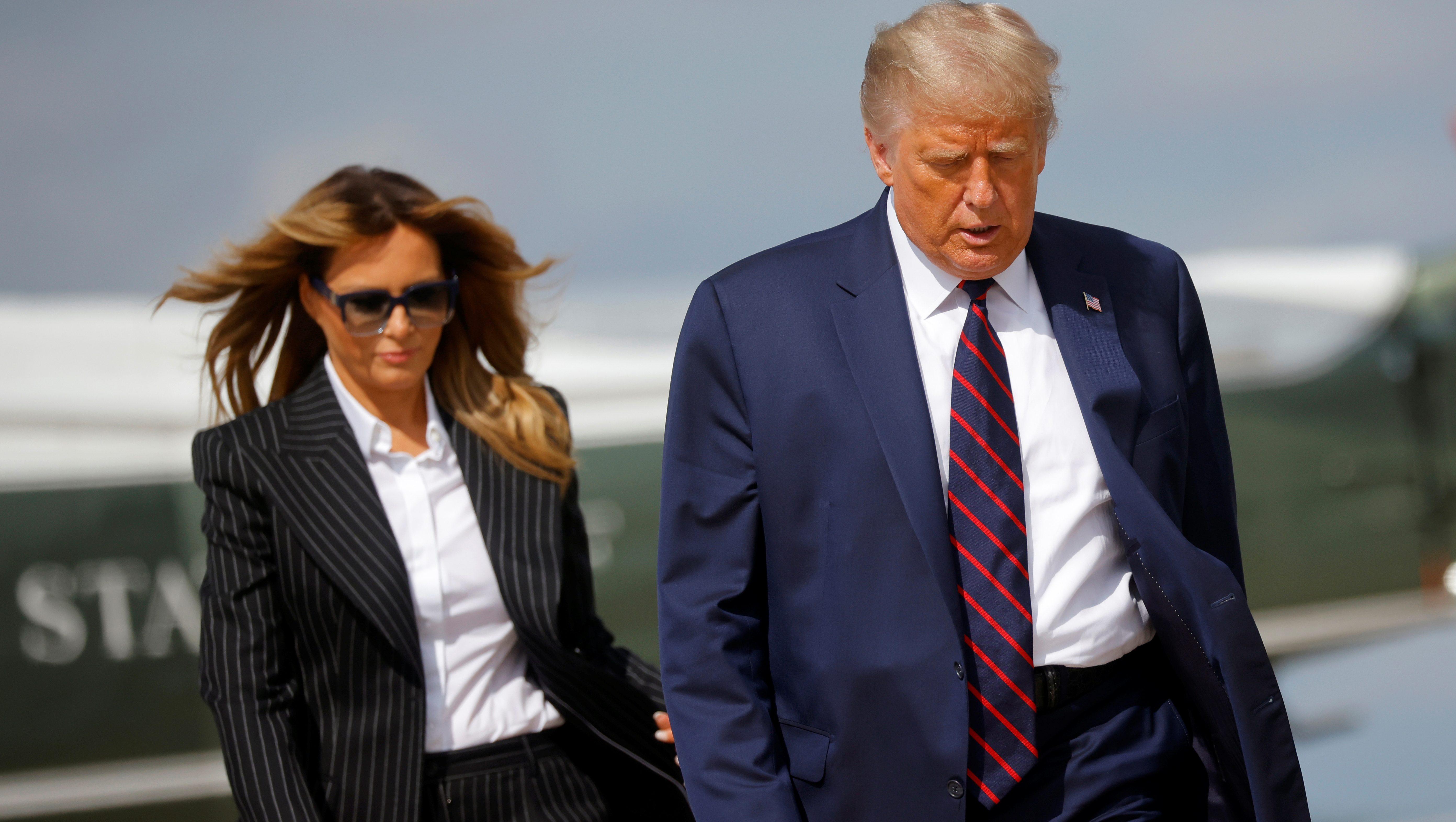Don’t fall for conspiracy theories about Trump’s health

In today’s political and media climate, it’s hard to know what to believe. We are bombarded with allegations about fake news, Russian bots have taken root in our social media streams, and in an election season, deception fills the airways.
It’s particularly hard to trust what comes out of US president Donald Trump’s mouth (or Twitter feed). According to the Washington Post, which is steadfastly keeping track, Trump has told more than 20,000 false or misleading claims while in office, through July 9. That, of course doesn’t begin to count the multitudes of lies told in his 2016 campaign or his years as a dissembling real estate developer.
Given that avalanche of falsehoods, it’s no wonder reasonable people are questioning the veracity of the White House statements about the president and first lady’s Covid-19 diagnosis. Adding to the skepticism is that Trump’s diagnosis was revealed only after Bloomberg News reported Hope Hicks, a close White House aide, had the disease.
But there’s a big difference between harboring doubts over how much we have been told about Trump’s health, and embracing theories that his diagnosis is manufactured out of whole cloth.
Two things are true about conspiracies. One is that they are self-reinforcing, so that questioning them serves to bolster their credibility (“of course, that’s what they want you to think.”) The other is that most conspiracies collapse under their own weight. From the Gunpowder Plot to blow up the Houses of Parliament in 1605 through Watergate, conspiracies unravel because they depend on unreliable individuals and can’t withstand the intense scrutiny they are often subjected to. Even when a conspiracy achieves its goals—Alfred Dreyfus was convicted of treason, Oliver North did sell arms to Iran and funnel the money to Nicaraguan rebels—the truth is often revealed. As The Conversation writes:
(C)onspiracies rarely work out according to plan. This is because between any one case of collusion and the wished-for outcome are all kinds of unforeseen and unforeseeable elements. It’s impossible to entirely prevent cock-ups, errors and betrayals. Or control the actions of other individuals and organisations with competing (and often concealed) goals and agendas. As the philosopher Karl Popper argued, the relevant question when explaining dramatic historical events is not “who wanted something to happen?” but “why did things not happen exactly in the way that somebody wanted?”.
Successful conspiracies depend on organization, discipline, and ironclad secrecy among its members, none of which this White House has demonstrated it possesses in abundance.
When weighing if an event is the product of conspiracy, it’s probably worth going back even earlier in history, to William of Ockham, a 14th century theologian and philosopher, whose famous Razor counsels: “Don’t multiply entities beyond necessity.” Or, in other words, the simplest explanation is usually best.
*** This article has been archived for your research. The original version from Quartz can be found here ***


